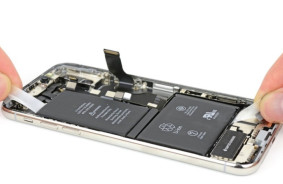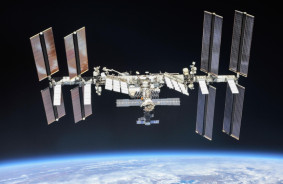The satellite will help scientists from the space agency assess the "health" of the World Ocean, climate change, and air quality.
The PACE (Plankton, Aerosol, Cloud, ocean Ecosystem) mission will study microscopic plants and particles, invisible to the naked eye, while being hundreds of kilometers away from Earth.
Phytoplankton plays a vital role in the global ocean (NASA has a separate video telling about "microscopic warriors fighting for the seas") - these microscopic plants absorb carbon dioxide and produce oxygen through photosynthesis. Their ability to "capture" CO2, which warms the planet, makes phytoplankton a key ally in the fight against climate change.
Plankton also forms the basis of the food chain in the World Ocean, making it extremely important for the health of marine ecosystems and fisheries. Out of tens of thousands of plankton species, potentially harmful ones can be singled out - for example, those that cause so-called "red tides" (toxic algal blooms).
PACE is equipped with three instruments - an optical spectrometer that will observe in the ultraviolet, visible, and near infrared spectra (allowing scientists for the first time to distinguish phytoplankton species from their unique color); and two polarimeters, which will study small atmospheric aerosol particles that can affect air quality (for example, smoke from fires, dust from deserts, volcanic ash, etc.).
"We really need to quantitatively determine what is there, for example, what types of aerosols exist and where they come from," says Man Gao, head of the PACE polarimetric data and software department.
The PACE satellite was launched from the Space Force station at Cape Canaveral in Florida on Thursday at 8:30 Kyiv time. The mission is planned to last 3 years in space.
Source: NASA














Comments (0)
There are no comments for now